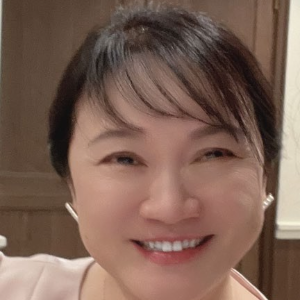Title : Assessment of midwives' knowledge of instructions and considerations for breastfeeding and co-sleeping
Abstract:
This study aims to clarify the content of instruction and points to keep in mind regarding breastfeeding and co-sleeping, based on a survey of infant asphyxiation deaths caused by these practices. Over the past 10 years, 16 cases of infant asphyxiation due to sleeping and breastfeeding have been reported. Nearly 67.1% of the midwives surveyed (out of 85) responded that breastfeeding was a risk factor for infant asphyxiation, and 36.5% instructed mothers to sleep with their babies. The reasons given for recommending breastfeeding and co-sleeping included consideration of mothers' fatigue and accommodating nighttime feeding; however, it was clear that some midwives were unaware of the risk of death due to breast compression. Thus, midwives should understand the dangers associated with sleeping when breastfeeding. Based on an analysis of infant asphyxiation deaths due to sleeping when breastfeeding, which has been passed down from the Futon culture, midwives need to understand and provide nursing care for infants at younger ages, especially during winter and late at night, as these factors increase the risk of death due to asphyxiation from breastfeeding. The results of a forensic autopsy showed that breastfeeding is a risk factor for asphyxiation; deaths due to asphyxiation are more likely to occur in younger infants, during winter, and in the late evening. Mothers who are fatigued are more likely to breastfeed, and midwives are often involved in breastfeeding care without understanding the risks involved. Co-sleeping and breastfeeding can lead to infant asphyxiation; thus, midwives should avoid recommending co-sleeping and breastfeeding. Midwives should understand the risks associated with breastfeeding and co-sleeping and provide appropriate guidance and care to ensure the safety of both mothers and infants. It is crucial for midwives to be well-informed about the potential dangers of infant asphyxiation, especially during winter and late at night. Midwives should provide safe and effective care for both mothers and infants, considering factors like maternal fatigue and the cultural practices surrounding infant care.




